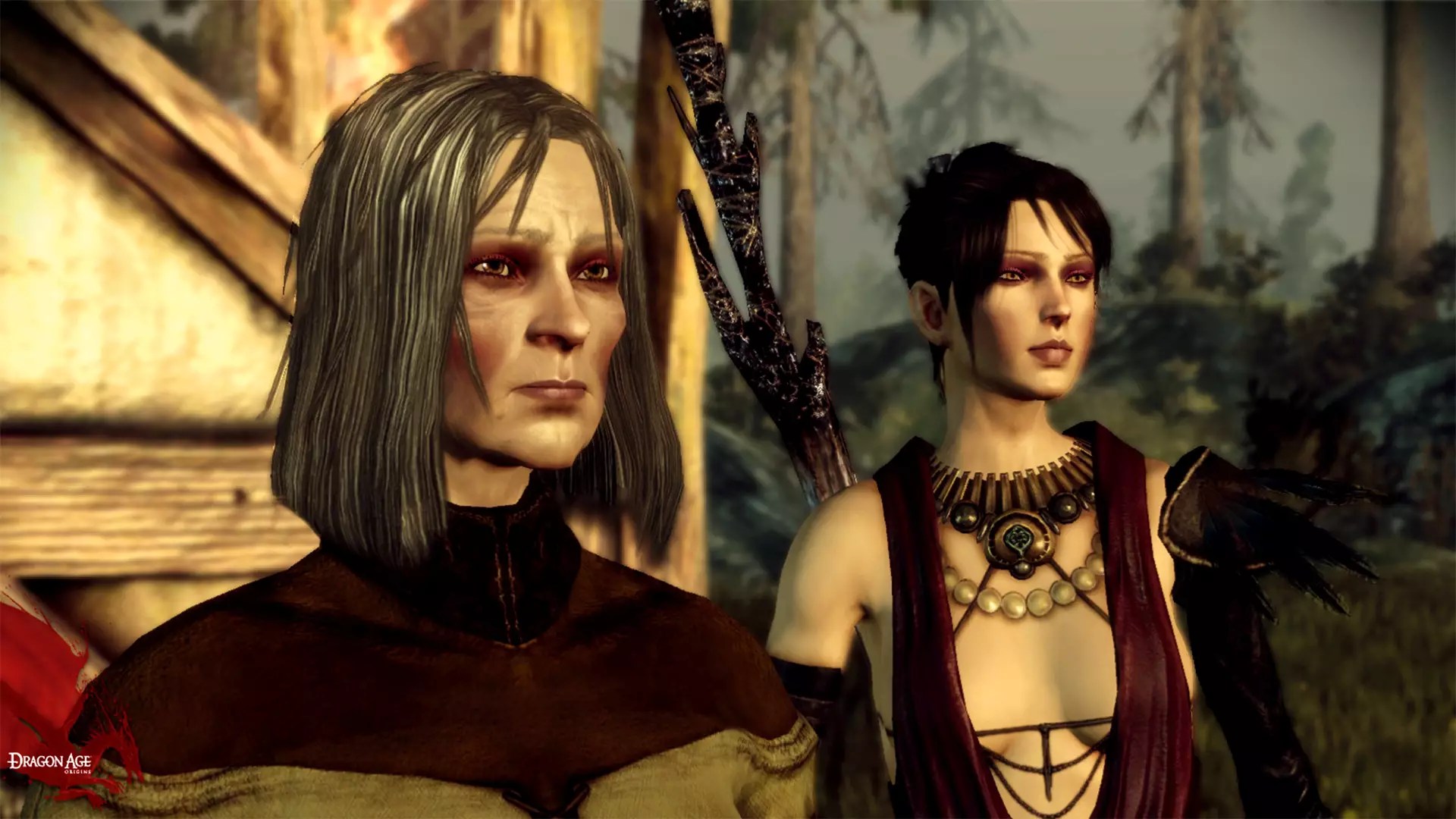The realm of Role-Playing Games (RPGs) has long been characterized by the nuances of player engagement, particularly in terms of romance dynamics. David Gaider, renowned narrative lead for the acclaimed Dragon Age series, recently illuminated the bifurcation within the player community regarding RPG romance. With the advent of games like Baldur’s Gate 3, which unabashedly laid all characters at the player’s feet for romantic entanglement, the conversation around character relationships has reached a boiling point. Players are now divided into lovers of unrestricted romance, where every character is a potential partner, and those yearning for a more authentic, perhaps exclusive, romantic experience.
While the allure of a player-sexual cast is undeniable, wherein every character aligns with the player’s gender identity, Gaider presents a compelling argument for the significance of narrative tension and the realism that arises from rejection. This presents a dilemma: can a game incorporate player agency while still embracing the complexity of human emotions? Some players crave the fantasy of fulfilling romances without barriers; others desire the realism that accompanies unreciprocated affection, giving character interactions depth.
A Shift in Game Design Philosophy
Historically, BioWare’s approach varied from the player-sexuality of Dragon Age 2 to the more nuanced relationships in Dragon Age: Inquisition. This shift reflects a growing recognition that romances shouldn’t merely serve as distractions or mere rewards for players; they should enrich character development and foster deeper connections with the narrative. Gaider emphasizes that a player-sexual system, while accessible, diminishes the agency of characters, leading to an array of “smoochable” personas devoid of complexity.
In this intricate dance of storytelling, having characters that aren’t available for romance injects realism and challenges the player’s narrative journey. It provokes thought about the nature of relationships: they aren’t always about mutual attraction. Some characters could be allies, adversaries, or just complex individuals who don’t conform to the players’ desires. Developing characters that players must earn the trust of—or perhaps even engage in rivalries with—introduces a fresh layer to gameplay.
The Consequences of Player-Sexuality
One must ponder what the implications are of a wide array of romanceable characters as seen in games like Dragon Age 2 and Baldur’s Gate 3. While freeing, Gaider points out the limitations imposed on narrative possibilities: when every character is available for romance, it often leads to constructing a story where romance is a guaranteed outcome. This fundamentally changes the way stories can be told and characters delineated. Each character ultimately becomes piece of a romantic puzzle rather than an independent personality.
In this landscape, developers must grapple with the expectation that a rich romantic subplot is a must-have. Gaider articulates his belief that crafting characters with their own motivations that may not necessarily align with the protagonist leads to richer, more varied gameplay experiences. The potential for distrust, rivalry, and camaraderie without the overlay of romantic expectation adds authenticity to character interactions, allowing for a broader narrative exploration.
The Core of Character Agency
Character agency should be a cornerstone of role-playing experiences; these should not be mere vessels for player fantasy. When players experience rejection or the challenge of building relationships based on more than romantic interest, they step into a truer reflection of real-life interactions. Gaider’s insights underline a growing demand among players—a desire for authenticity in RPG narratives, particularly in the portrayal of interpersonal dynamics.
By focusing solely on player satisfaction through romance, developers risk sacrificing character depth. As passions evolve within RPG communities, players will gravitate toward experiences that resonate more profoundly with the intricate web of human relationships. The desire for multifaceted characters with realistic motivations should set the benchmark as developers navigate the delicate balance of romance in gaming.
The conversation around RPG romance is more layered than mere character availability; it’s a vital discourse on what players want and need from the narratives they immerse themselves in. David Gaider’s reflections are an essential contribution to this dialogue, shedding light on the evolution of character relationships and the future of storytelling in the gaming industry. Whether through enhanced character dynamics or finely textured narratives, a more authentic approach to RPG romances may pave the way for gameplay experiences that resonate deeply with players’ desires for narrative realism and emotional complexity.


Leave a Reply